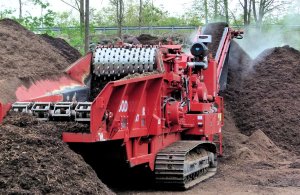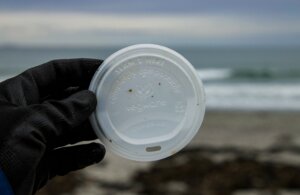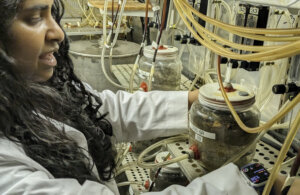
Linear vs Circular Economy. (Credit: Wikimedia Commons contributors, 7 April 2018. Wikimedia Commons, the free media repository.)
According to an article on blog.mraconsulting.com.au Australians generate 6,500t/hour and recycle the difference of about 60%. That puts them at the top of the table in waste generation, and middling on the recycling comparison table of developed economies.
We could do so much better with a little bit of leadership and bravery, Mike Ritchie (MRA Consulting Group) states in his article.
Almost all of the 21 million tonnes per year we send to landfill is mixed unsorted household and commercial waste. We know how to sort it but we can’t make the economics work. Landfill can outcompete recycling every day for mixed waste.
So, what do we do?
If we want more recycling, then as a country we need to demand more action from the government (State and Local) and businesses, and through them households, consumers and individuals.
The bottom line is coffee cup recycling, plastic bags bans and prohibitions of party balloons are a creative start but they will make almost zero difference to rates of landfill. We need to deal with the problem of sorting and separating mixed waste in a structural way. We also need to encourage more source separation.
To put the scale of the problem into stark relief, all plastic bags sold in Australia per year represent just 0.12% of waste to landfill by weight. One thousandth of the landfill waste stream. So even if we banned all single use plastic bags (which we should- they are a litter problem), we would still landfill 99.9% of what we are landfilling today.
So, where should we focus?
Organics (food, garden waste, timber and cardboard) represent over 50% of landfilled waste. It also contributes 3% of Australia’s total greenhouse gas emissions. If we diverted all organics from landfill into compost, we could supply over 7 million tonnes of compost per year to Australia’s farmers – lessening the effect of this crippling drought and helping to rebuild degraded soils.








